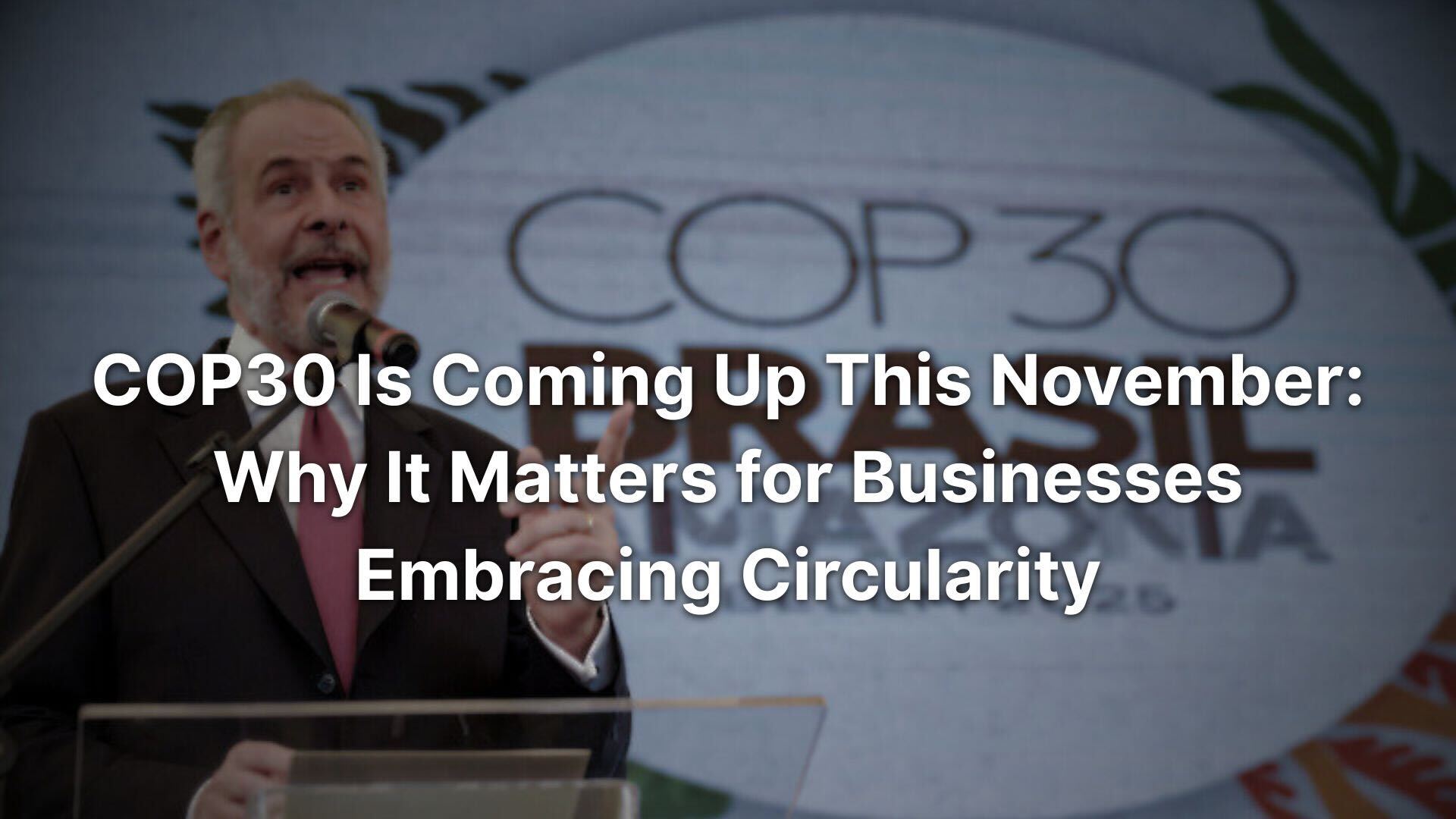In today’s business landscape, understanding the environmental and social impact of your operations isn’t optional—it’s essential. Measuring impact provides the foundation for making better decisions, setting meaningful targets, and driving lasting change. Without data, organisations are left guessing. With it, they can lead.
The old adage holds true: "If you can’t measure it, you can’t improve it." This is particularly important in the realm of sustainability, where the choices organisations make have long-term implications for people and the planet.
Impact measurement gives businesses the ability to:
Understand their current footprint
Pinpoint areas of inefficiency
Set realistic and data-driven goals
Track progress and adjust strategies as needed
Demonstrate transparency and accountability to stakeholders
Circular Innovations is proud to collaborate with thought leaders like FFG, who are helping to build awareness around the importance of measurement in circular practices. By linking sustainability metrics with business KPIs, companies can move from intention to action.
For example, measuring CO₂e emissions for a product line may reveal opportunities to switch to lower-impact materials, streamline logistics, or implement take-back programs. These changes not only benefit the environment but can also reduce costs and improve customer perception.
Educational resources, such as FFG’s recent article on this topic, highlight the need for accessible and transparent data. They also show that impact measurement can be engaging and relatable. To bring numbers to life, FFG equated the emissions from a single item of clothing to streaming 129 hours of Netflix or microwaving 444 bags of popcorn—making abstract figures more tangible.
At Circular Innovations, we help businesses translate this type of data into actionable insights. Through our platform, we offer tools that make impact measurement easy to integrate into existing workflows—no advanced degree required.



.png)
